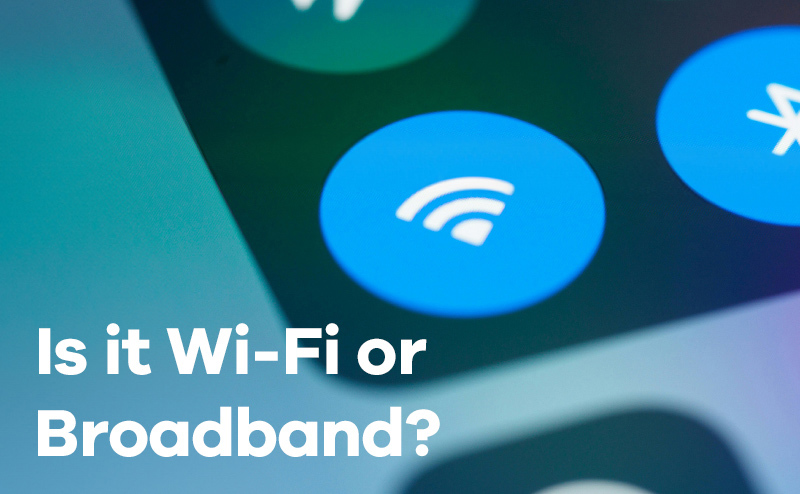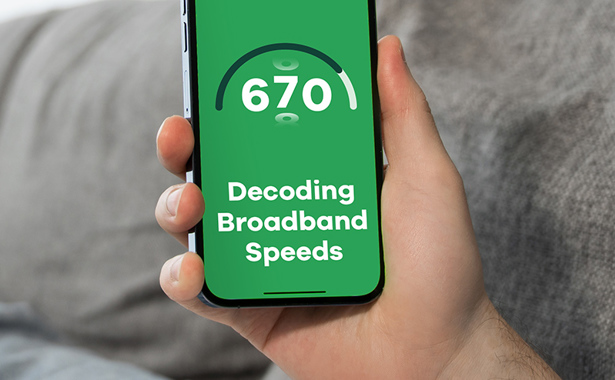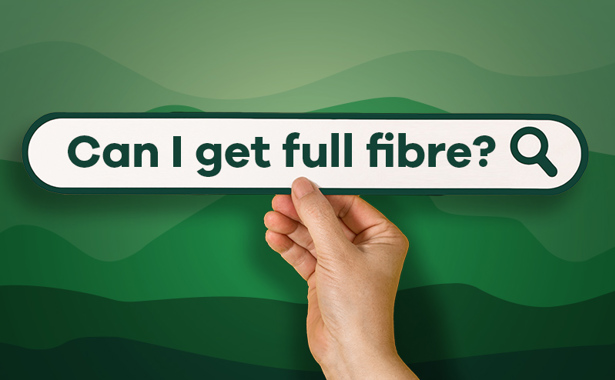
The difference between broadband and Wi-Fi
by The Wessex Internet Team
Introduction
In the world of internet connectivity, terms like broadband can be used when a person could be referring to Wi-Fi, and vice versa, leading to confusion. In this article, we'll explain these terms, exploring the differences between broadband and Wi-Fi. We'll also address common questions like "Does faster broadband mean better Wi-Fi?" to help you make informed decisions about your internet connection.
Understanding broadband
Broadband is the name of the technology that gives you a high-speed connection to the internet. The reason it is called Broadband is because it uses a wide (broad) bandwidth that can handle multiple signals all at the same time.
There are lots of types of Broadband connections, some common connections are Fibre, Copper (ADSL & VDSL), and Wireless via 4G, 5G or satellite dish.
Understanding Wi-Fi
Wi-Fi is the wireless technology that allows wireless devices to connect to your home network without having to connect devices to your router using a cable. Wi-Fi uses different radio waves/frequency (RF) to allow your devices to operate at different distances and speeds. You might have heard of 2.4GHz and 5GHz, while the newest Wi-Fi technology is 6GHz. Just remember that the 3x RF signals have limited distances and are hampered by objects in-between the router and your device – the lower Wi-Fi signal levels you have, the slower the connection to the router.
Is broadband the same as Wi-Fi?
No, broadband and Wi-Fi are not the same. Broadband refers to the high-speed internet connection delivered through various technologies, while Wi-Fi specifically refers to the wireless technology that enables devices to connect to the internet without physical cables.
Does faster broadband mean better Wi-Fi?
No, broadband and Wi-Fi are separate and have their own individual speeds. While your broadband connection could download at 500Mbps, the Wi-Fi connection might only run at 100Mbps (2.4GHz), giving the impression that there might be something wrong, but if you moved your device onto the 5GHz or 6GHz Wi-Fi channel you will see that the device will download at 500Mbps. However, the performance of your Wi-Fi network is also influenced by factors like the router's capabilities, interference, device limitation and the number of connected devices.
Pros and cons of broadband
| Pros | Cons |
|
Offers high-speed internet access. |
Availability may vary depending on location. |
|
Supports various online activities simultaneously. |
Speeds may be affected during peak usage times. |
|
Available through multiple technologies (ADSL, VDSL, wireless (satellite)). |
Pros and cons of Wi-Fi
| Pros | Cons |
|
Enables wireless connectivity within a specific range. |
Signal strength may be affected by physical obstacles. |
|
Provides flexibility for device mobility. |
Limited range compared to wired connections. |
|
Convenient for home and small office setups. |
Conclusion
Ultimately, while broadband and Wi-Fi work hand in hand to provide seamless internet access, they both serve different purposes. Broadband represents the high-speed internet connection, while Wi-Fi is the wireless technology enabling connectivity within a specific area. Understanding these differences allows you to make informed choices about your internet setup, ensuring a reliable and efficient online experience.
You may also like

What broadband speed do I need?
Unravel the mystery behind broadband speeds and help you determine the ideal connection.

Can I get fibre broadband?
In today's fast-paced digital world, a fast and reliable internet connection is crucial.

The Internet of Things (IoT)
Revolutionising the way we interact with technology, we investigate the world of IoT.

From 2Mbps to 100Mbps for community project leader
Speedy installation empowers manager of The Big Yellow Bus Garden Project.